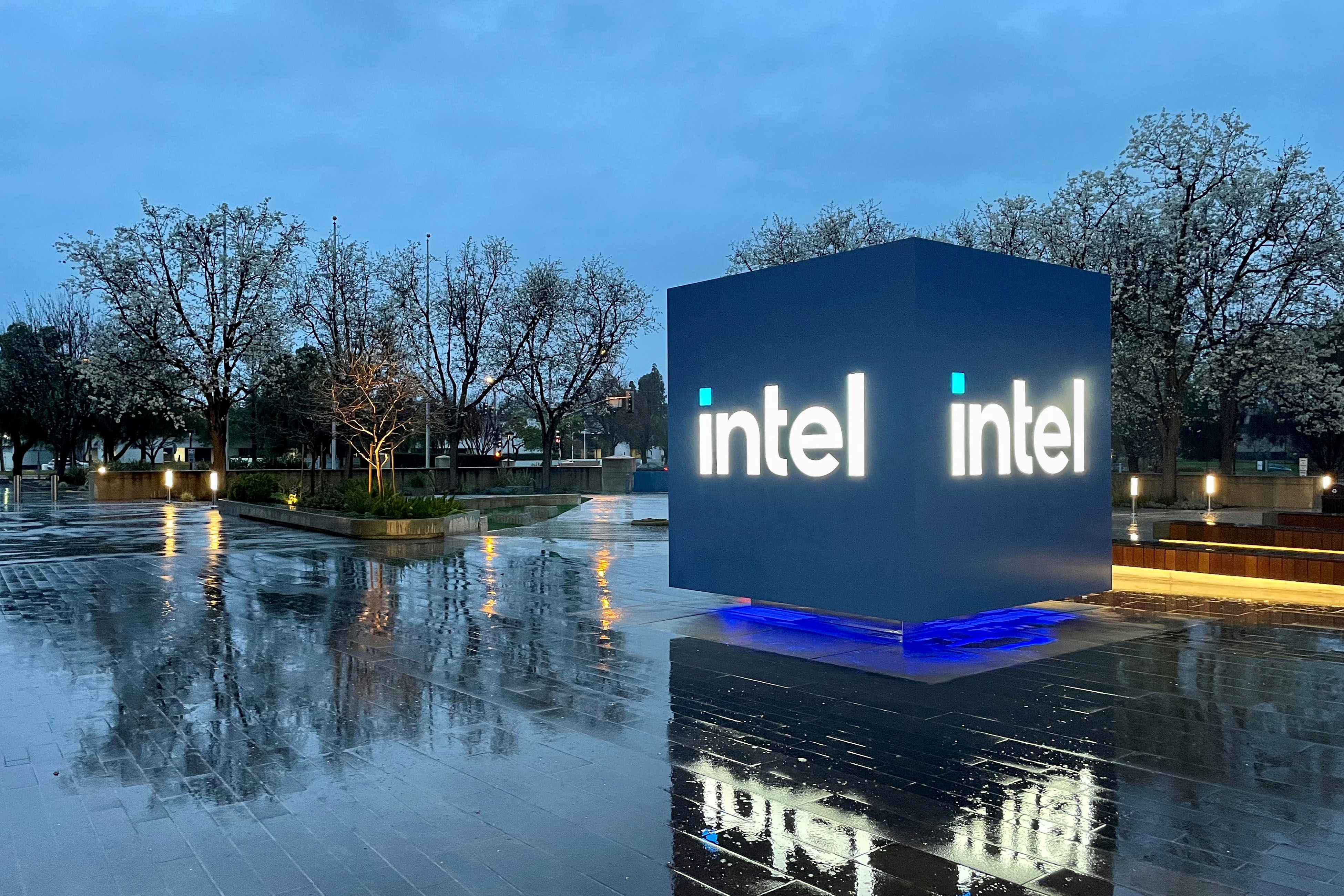
Qualcomm has its eye on Intel. According to a report from the Wall Street Journal, Qualcomm approached the struggling Intel about a potential takeover deal. The deal is described as "far from certain" and likely to garner antitrust investigations. If a deal occurred, it could also have far-reaching effects on the x86 architecture.
It's possible that Qualcomm could only be interested in portions of Intel, or, the WSJ suggests, could sell portions of the company in order to get a deal through.
Intel has been in crisis mode since it reported a $1.6 billion loss due to struggling data center and foundry divisions (though many parts of the company are still profitable). Putting Intel Foundry Services in a position to make chips for other companies has been a cornerstone idea for CEO Pat Gelsinger's tenure (the other being to move through five nodes in four years to catch up on the design side and catch up to TSMC, which Intel has outsourced some manufacturing to.)
Intel declined to comment to Tom's Hardware. Qualcomm has yet to respond to a request for comment.
The company announced that it would lay off more than 15% of its employees, suspend its dividend to investors, spin its foundry business into an independent subsidiary, pause fab projects in Germany and Poland, and put a stop to any non-essential work. The company has also had some PR disasters with instability issues with its 13th and 14th Gen Core desktop processors while running games (Intel since extended warranties and issued microcode updates to alleviate the problem.
In August, Lip-Bu Tan left Intel's board after two years of service, creating a huge gap in technical knowledge on the board. Intel is also working with Morgan Stanley in an attempt to prepare for potential challenges from activist investors, clearly anticipating challenges.
Intel has been key to the U.S. government's plans to strengthen the domestic chip business, with the company awarded $8.5 billion in funding to boost manufacturing on top of reports that it will bring in another $3.5 billion to make chips for the Pentagon as part of the Secure Enclave program. It's unclear how these deals could be affected by a takeover.
Additionally, Intel and AMD have cross-licensed their respective x86 IP. In the event of an acquisition, it's possible one or both of the companies could lose access to key portions of the platform. This would surely be a significant point of any negotiation in an attempt to take over Intel.
In the PC world, Qualcomm is finally competing in the laptop market with the launch of its Snapdragon X processors. These have been received far better than previous Windows on Arm CPUs by the press, and Microsoft made them the first to qualify as Copilot+ PCs. Qualcomm is challenging Intel in terms of efficiency and battery life ahead of the launch of Lunar Lake. Most of Qualcomm's work, however, is in mobile phones, as well as in cellular towers and communications.
In recent years, Intel has also seen increased competition from AMD on the client PC side and from Nvidia, which has effectively taken over the AI space.







